There's an annoying phenomenon in public discourse where someone publishes an outrageously bad opinion, people get predictably outraged by it, attention-seekers are reminded that outrageous takes get attention, and disingenuous grifters put out more outrageously bad opinions. People react to all of it because we can't help ourselves, and the cycle continues until everyone gets tired of it and another outrageously bad opinion takes its place.
There are good conversations that often get lost in all of this, especially when blatant douchebagginess is involved, which is unfortunate. We could all use more thoughtful takes focused on gaining a better understanding of a topic rather than just spouting off opinionated criticism.
If you missed it, the opinionated criticism du jour is that Jill Biden doesn't deserve to go by her title of "Dr." The op-ed that launched the first wave of outrage was written by a man with a B.A. who pointed out that an Ed.D. isn't an M.D., as if he'd just discovered the debate over doctor titles in the academic world. The second op-ed, written by another guy with a B.A., whose job title is "critic-at-large," thinks Biden's dissertation was "garbage" and didn't add "to the sum of human knowledge."
The hubris in both of those pieces is as stunning as it is ridiculous. Consider this excerpt from Kyle Smith-the-film-critic's op-ed in which he pans Dr. Biden's dissertation with sentence after sentence of not actually saying anything substantive:
"Jill Biden's dissertation is not an addition to the sum total of human knowledge. It is not a demonstration of expertise in its specific topic or its broad field. It is a gasping, wheezing, frail little Disney forest creature that begs you to notice the effort it makes to be the thing it is imitating while failing so pathetically that any witnesses to its ineptitude must feel compelled, out of manners alone, to drag it to the nearest podium and give it a participation trophy. Which is more or less what an Ed.D. is. It's a degree that only deeply unimpressive people feel confers the honorific of 'Doctor."' People who are actually smart understand that being in possession of a credential is no proof of intelligence."
Sure. And people who actually have something important to say understand that being in possession of a platform is no proof of deserving one, but alas, here we are. (This film critic, for the record, prides himself on this sort of over-the-top, bloviating meanness, so take it for what it is.)
The thing is, in the academic world, credentials actually do count for something. In fact, it's pretty much the way the whole structure of higher education works. The irony of two people trying to write with authority on something that they don't have anywhere near the credentials to claim authority on is kind of laughable—especially when that "something" is someone else's credentials that they actually earned. I mean, when you spend your days watching movies and writing film reviews, do you really think you're qualified to criticize a doctoral dissertation about education? I hope the answer to that is as obvious as the fact that an Ed.D is not an M.D.
I have nothing against bachelor's degrees, by the way. I have one myself, in English and Secondary Education. It's that very education that enables me to recognize that I am not qualified to critically analyze someone's doctoral dissertation, even in my own field of study. Or maybe that's just common sense.
Tossing the misogyny underlying both of these op-eds aside (not because it's unimportant, but because it's been covered), let's actually examine the use of doctor titles and what having an Ed.D. actually means.
People seem to have strong opinions about whether people with doctorate degrees should go by the title they've earned, but I can't help but wonder what those opinions stem from. Like, why do people care? I've had medical doctors ask me to call them by their first name, and I've had professors who go by Dr. So-and-so, and neither experience has altered my life in any way.
Some say it's confusing because people usually think of doctors as M.D.s, but when an airline pilot asks, "Is there's a doctor on board?" it's pretty clear that someone needs medical attention and not scholarly research. If someone introduces themselves as Dr. So-and-so, all you have to do is say, "Oh, what kind of doctor are you?" and all confusion is squelched in three seconds flat.
So yeah. The "it's confusing" argument feels pretty disingenuous.
Snobbery is usually the other accusation, but that's hardly a given. Sure, insisting on being called "Dr." can come with an air of arrogance, but that doesn't make everyone who simply uses that title a snob. Have we seen any evidence of Jill Biden snapping at someone for calling her "Mrs." and not "Dr."? I don't know her personally, but "intellectual snob" is not the sense I get when I hear her speak, nor is it in her reputation as far as I know. In fact, her advocacy for community college education would be the opposite of intellectual snobbery, so I'm not sure what the actual issue is here beyond political arrow-slinging and sexist condescension. Most people I've met who use their "Dr." title do so in writing and in introductions, but beyond that aren't terribly concerned with making sure people always use it.
The arrogance of the people trying to diminish this woman's work and accomplishments, on the other hand, couldn't be clearer.
Kamala Harris summed up why attacking her credentials isn't just gross, but un-American, when Robin Roberts asked her about it on Good Morning America:
"I was deeply disappointed that in 2020, that kind of approach would be given any legitimacy," she said. "Because let's be clear about it: she worked hard. She raised her kids, she went to school, she went to night school, she got degrees, she earned everything she has. That's the American way. That's the American spirit. So, when there's anyone who tries to diminish the significance of people who work hard, I think it's just not the American way, frankly."
There is room for debate about which doctoral degrees are worthy of the title, but let's understand what we're talking about before we offer opinions on that.
The title of "doctor" comes from the Latin word docere, meaning "teacher." So technically speaking, calling a college professor "doctor" makes more literal sense than calling a physician "doctor." The title has been used for hundreds of years to refer to the people with the highest credentials in a field of study, with the first doctorate degree being issued in France in the year 1150. The first M.D. degree didn't come along until after 1700, and it was just a three-year degree in the U.S. until well into the 20th century. So getting precious about only calling medical doctors "doctor" seems pretty silly, considering hundreds of years of precedent.
Regarding Dr. Biden's degree specifically, yes, an Ed.D. is different than a PhD in education. But the difference isn't hierarchical; it's the nature of the focus of study. An Ed.D. focuses on real-world application of research. It's the degree someone who is actually out in the field, working in schools—and especially looking to move into leadership roles—would seek. A PhD in education is a doctoral degree focused on developing scholarly research and teaching advanced courses at the university level. Two different focuses, but both important to the field of education.
The difference, practically speaking, is actually similar to the difference between having an M.D. and a PhD in immunology or neuroscience or some other medical specialty. An M.D. focuses on the practical application of research in the field, whereas a PhD in medicine focuses on academic research. Both important. One isn't "lesser" than the other.
So in my humble, underqualified, not-doctorate-credentialed opinion, someone getting their panties in a twist over a person going by "Dr." instead of "Mrs." says a whole lot more about them than about the person using the title they rightly earned.
















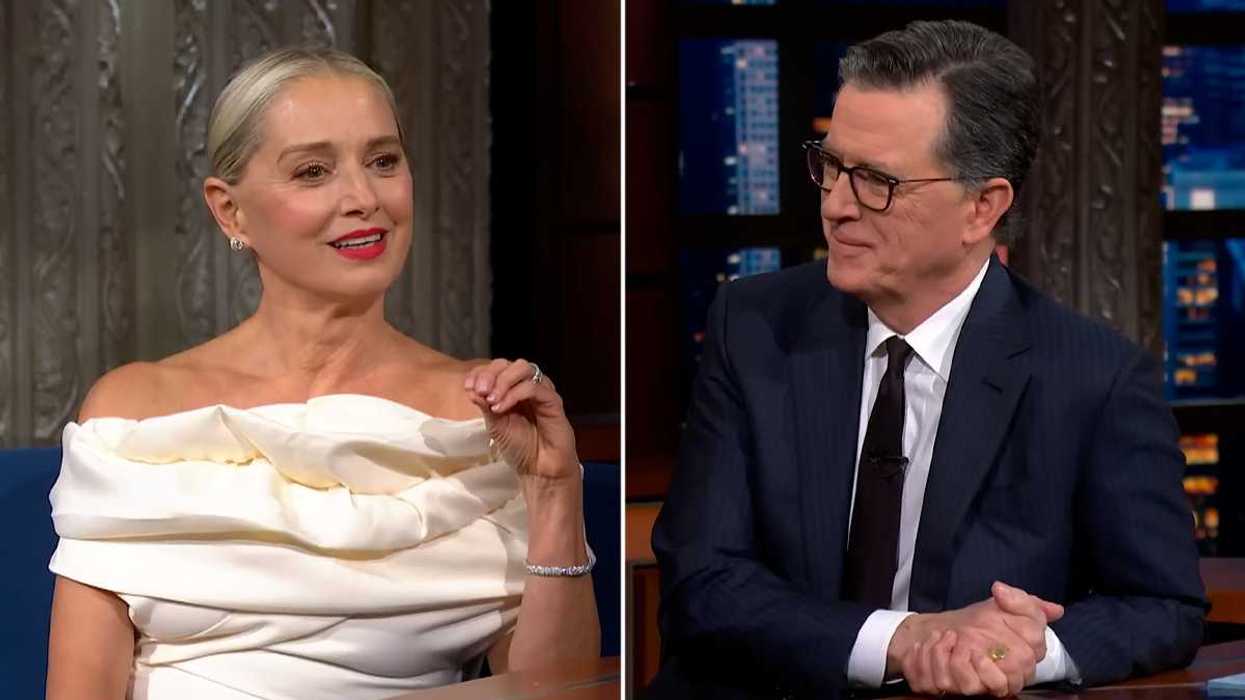
 (LEFT) Film premiere at ArcLight Theatre Hollywood; (RIGHT) LaNasa signing autographs at TIFF.thepaparazzigamer/
(LEFT) Film premiere at ArcLight Theatre Hollywood; (RIGHT) LaNasa signing autographs at TIFF.thepaparazzigamer/  Radical acceptance.Photo credit:
Radical acceptance.Photo credit: 
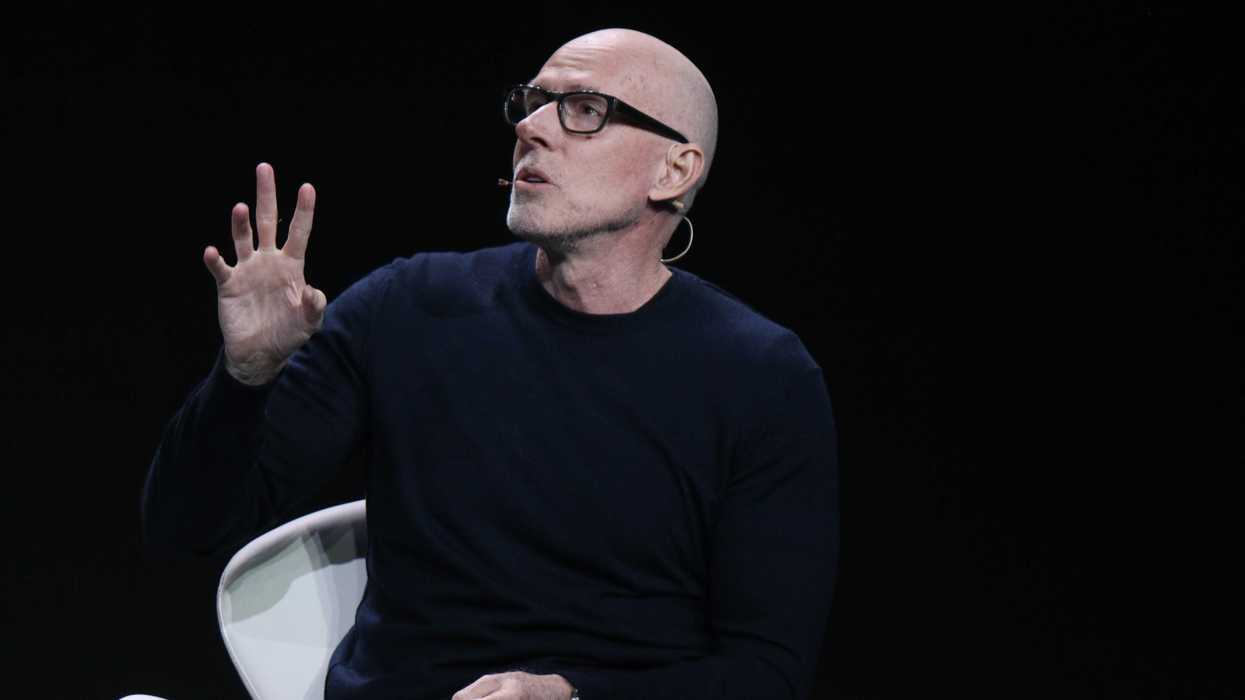 Scott Galloway in Barcelona in 2025.Photo credit: Xuthoria/
Scott Galloway in Barcelona in 2025.Photo credit: Xuthoria/  Resting in the shade of a tree.Photo credit:
Resting in the shade of a tree.Photo credit:  Two people thinking.Photo credit:
Two people thinking.Photo credit: 
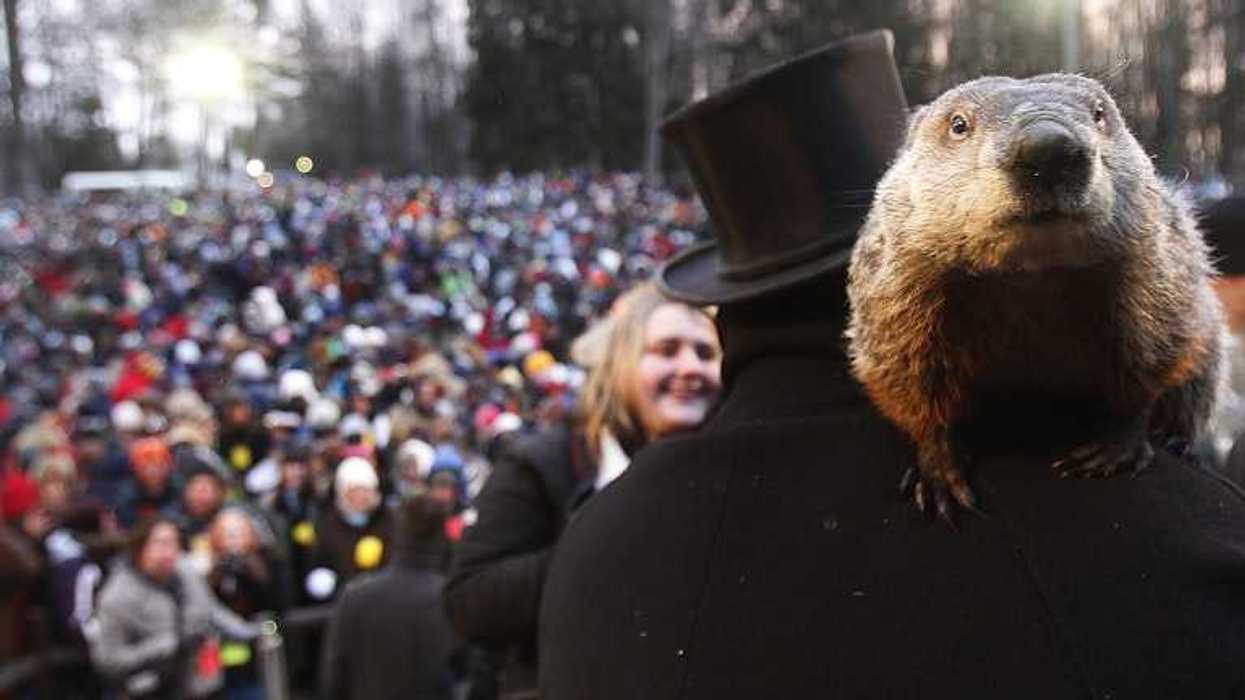
 Female groundhog emerging from her burrow in late January.Stam Zervanos, Author provided
Female groundhog emerging from her burrow in late January.Stam Zervanos, Author provided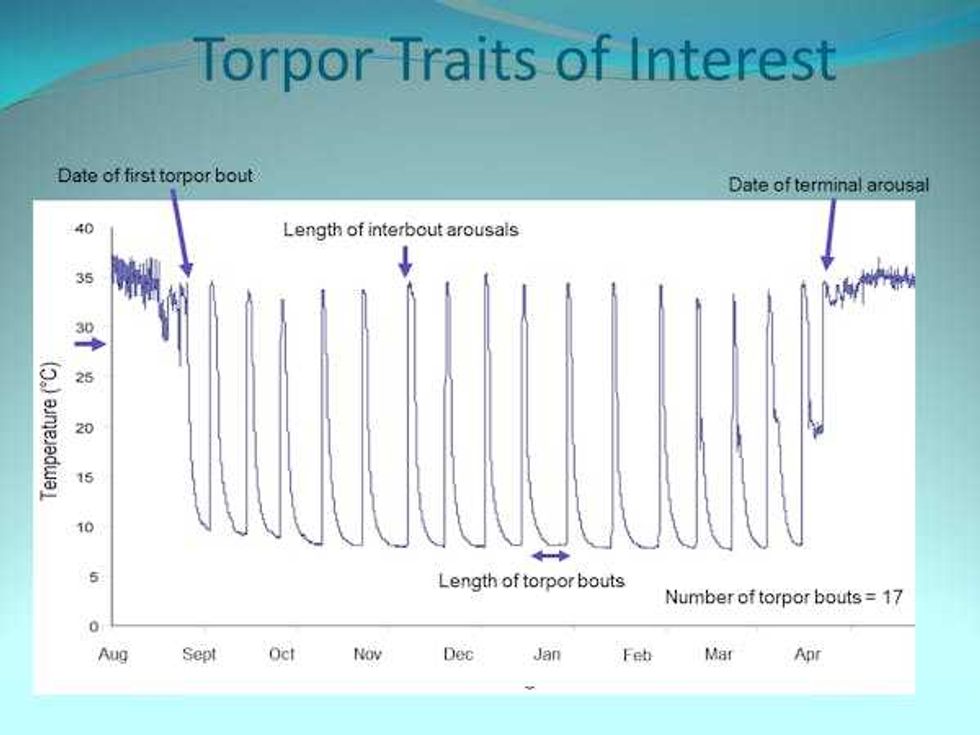 This Maine groundhog had 17 torpor bouts where body temperature went up and down.Stam Zervanos, Author provided
This Maine groundhog had 17 torpor bouts where body temperature went up and down.Stam Zervanos, Author provided Male groundhog (on the right) greeting a female groundhog for the first time after they emerge from their separate burrows.Stam Zervanos, Author provided
Male groundhog (on the right) greeting a female groundhog for the first time after they emerge from their separate burrows.Stam Zervanos, Author provided
 A beluga whale frolicking in the oceanCanva
A beluga whale frolicking in the oceanCanva  A beluga whale pops up from the waterCanva
A beluga whale pops up from the waterCanva 
 A woman sits in a new car at a dealershipCanva
A woman sits in a new car at a dealershipCanva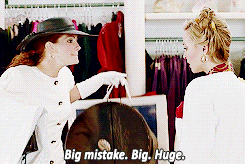 GIf from 'Pretty Woman' of Roberts saying "BIg mistake. Big. Huge." via
GIf from 'Pretty Woman' of Roberts saying "BIg mistake. Big. Huge." via 
 People voting. Photo credit:
People voting. Photo credit:  Young women rally. Photo credit:
Young women rally. Photo credit:  Tressie McMillan Cottom.Tressie McMillan Cottom/
Tressie McMillan Cottom.Tressie McMillan Cottom/